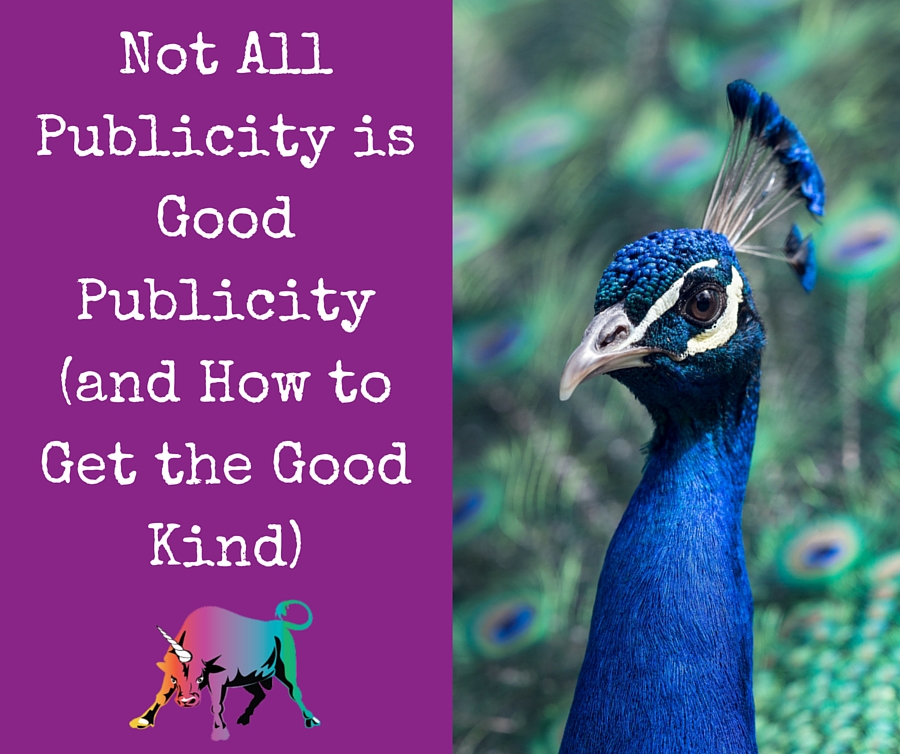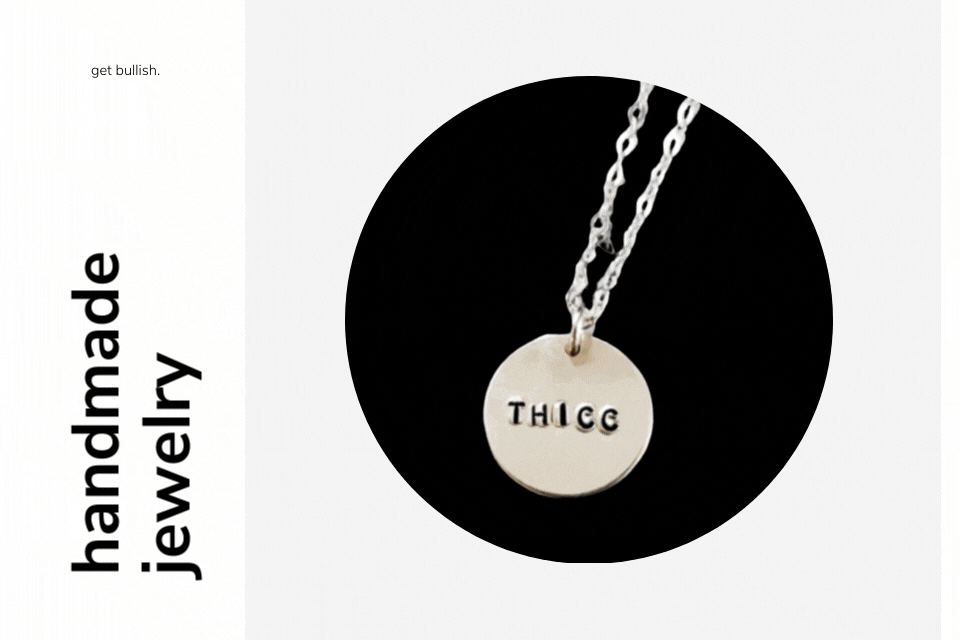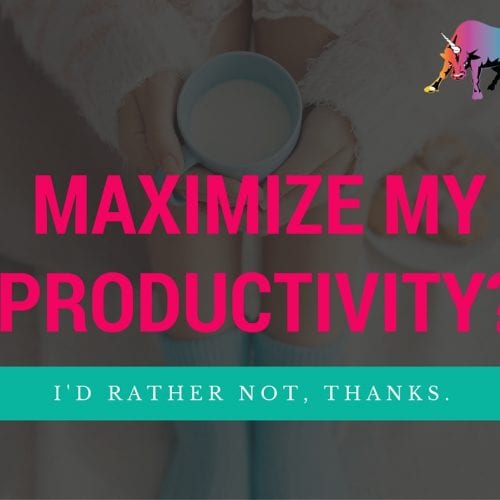People should stop saying “Any publicity is good publicity.”
In 1910, William Jennings Bryan used the famous whistle-stop train to campaign for a proposed Constitutional amendment against special interests. That is: to spread a message, he literally spoke out of the back of a train, after which more coal was shoveled into the firebox and they hurried on to the next town, where he could do it again. (Here’s a photo of Gerald and Betty Ford doing a whistle-stop tour in 1976, just to be cute). So, sure, when train travel was a good way of getting your message out, (almost) any publicity was good publicity. It really depended on whether you were running for office or selling a new brand of girdle.
Even once television took hold, publicity was hard to come by. My mom, who is in her early fifties, often told me stories about having “only three channels” on television, and how if someone was on Johnny Carson, basically every single person in America had seen it or at least knew about it. (My mother is also adamant that, when the Jackson 5 first appeared on Johnny Carson, she was the one who predicted that Michael would be a big deal). So, if you could get Johnny Carson to mention your name or product even in a derogatory way, sure, any publicity was good publicity.
Publicity is now, comparatively, really easy to get. There is more media than anyone can consume or even know about. In the ’60s, if you were on television regularly, you were definitely A Famous Person. Today, there are not only more television shows than anyone can keep track of, there are entire television networks many culturally-literate people have never heard of. Try this: next time someone asks you what you do, say that you host a television show. If the person seems like a big hipster, say it’s late-night on EW. If the person seems not like a hipster, say it’s late-night on IFC. Pick some believable semi-celebrities you recently interviewed, like Lo Bosworth, or Levi Johnston’s family members. 90% chance you’ll get away with it.
On a more down-to-earth note, when I went on an East Coast tour as a comedian in 2007, getting press was really, really easy. If you do something cool in, say, Durham, people would like to know about it. Neat! Everyone’s happy! Even if you don’t get a feature article in the local alternative newsweekly, you will definitely be in the calendar, because the calendar lists literally everything that is happening. In New York, you can fly in a troupe of singing Maori children and still have to fellate someone to get listed in TimeOut under “Tuesday.”
But if print doesn’t work out, there are blogs! And if you do an interview that gets cut from the print edition of the newspaper because there’s a bomb threat at the local Stop & Shop, your piece will still go up online. Newspapers aren’t going to let content go to waste once it’s been created.
If you have a bit more time on your hands, actually create the free content yourself. Plenty of highly-read blogs would be happy to take free content from you, provided that the free content is itself informative and/or entertaining and only promotes your event/product obliquely (here’s an example). Every time you open a local newspaper and see one of those how-to columns on homebuying — always next to a photo of a smiling, glossy-haired real estate agent — you’re seeing someone who’s trading content generation for publicity. You can also do this for things that aren’t lame.
In fact, if your career would be helped by being able to say that you have PR experience, I highly recommend either developing some kind of cool performance or event, or attaching yourself to someone else’s, and then going on the road to various small and medium-sized American cities, and getting press. Seriously: if it’s election time, try a political trivia show. If people are making a big deal about Crystal Renn, put on a plus-size fashion show. Anytime is a good time for a charity fundraiser. These things are not hard to do (I once, through a strange confluence of events, guest-wrote two pages of a book, explaining to religious people how to put on a modest fashion show). Then book a small theater or find an amenable bar or community space, schedule your event, send event listings and friendly emails to all the local news outlets and blogs, get in your car or on a Greyhound bus, go do your show, and email the Flickr link late that night to any bloggers and journalists who sounded interested but couldn’t make it. Now you have clips! Your resume is now full of PR experience!
So, publicity: there’s plenty of it to go around.
I was prompted to write this column when, a few weeks ago on TheGloss, a staff writer commented, “Lindsay Lohan is going to jail for 90 days. Some think this will only make her 6126 clothing line more popular. How? How?” There was a link to a WWD article about how Lindsay’s getting out of jail as her new line is hitting stores may boost sales. And that very well might be true, because leggings are leggings — you can try them on in the store before you buy them. You know they’re okay to put near your ladyparts because Lindsay Lohan has not personally touched them.
However, Danielle Staub’s horrifying, middle-aged, square-breast- implant-showcasing sex tape is not going to make me buy anything the Real Housewife is selling (actually, Staub’s website promises that a “mafia t-shirt line” is “in development,” so I may just have to make an exception). And just as I was looking up a link for Ms. Staub, I saw this in the sidebar on HuffPo: Sarah Palin’s Endorsement of Kelly Ayotte May Have Hurt Senate Candidate’s Campaign. In April, I wrote in my column on shutting down street harassers about the owner of a raw food restaurant who was photographed masturbating on the subway (while staring at the woman who took the photo, in an otherwise empty car). That got the restaurant tons of publicity, all of it unappetizing (as I noted, many items on the dessert menu are made with a mysterious vegan “crème.” Um…).
But the gold medal winner in the Not All Publicity Is Good Publicity bee is Heidi Montag, who was quoted repeatedly as saying that she had full-body, Face/Off style plastic surgery “because of the music industry I’m trying to get into.” And: “I wanted to be the most beautiful, inside and out. It’s part of being a pop star.”
And despite a People magazine cover and numerous television appearances, Heidi’s album sold … wait for it … less than 1,000 copies, a situation summed up on EW.com with the aphoristic headline Heidi Montag has big boobs, tiny album sales.
Montag was undoubtedly miffed. She has “more than a million Twitter followers”. Of course, it’s a mistake to think that all of your Twitter followers like you, or will “convert” (as marketers say) to buying. Seth Godin wrote about this recently: “A good preacher ought to be able to get 70% of the people who showed up on Sunday to make a donation… A blogger might convert 2% of readers to buy a book… And a Twitter user with a lot of fans will be lucky to get one out of a thousand to click a link and buy something.”
Conversely, the article 1000 True Fans on The Technium proposed that an artist needs just 1,000 true believers in her work to make a living. This article provoked some serious controversy, and indeed, it might be more like 10,000 true fans. But whatever the magic number is, it’s not the number that’s the point: it’s the “true believer” bit. If you’re selling leggings or some other low risk, physical product, maybe jail is a fine publicity plan. But if you’re selling most other things, certainly including artistic products, 1,000 true fans are undoubtedly better than a million people who clicked a “Follow” button out of schadenfreude.
And then there’s the flipside of publicity being so easy to get: in some cases, power is held not by the person with the most publicity, but the person with the cleanest Google record. I remember, in 2008, being impressed with Barack Obama’s foresight: it’s like he had known since the ’80s that he was destined to run for President, and he didn’t leave any dirt for us to find. After the Starr Report, that was really nice of him. Thanks, Barack!
In an era in which young people blithely send naked photos of themselves over their phones and post bong pictures on Facebook, it’s been said that, soon, these things will be expected, and no big deal. (Quoth Rihanna, “If you don’t send your boyfriend naked pictures, then I feel bad for him”). I think it’s true, to an extent, that these things are losing their scandalmaking power: as long as you’re not angling for the Presidency or the priesthood, if in 2019 someone digs up a ten-year-old party photo of liquor being poured on your tits, maybe people really will mostly shrug. I once dated an Important Man with a Respectable Job — let’s say he was a lawyer hoping to make partner. An ex-girlfriend had a video of him masturbating. He wasn’t worried. The ex was, by all accounts, a nice person, but as he also pointed out, the video would show that he looked really good naked. So, it was cool. (Oh, brave new world!)
If there’s something about you on the internet that you don’t like, the easiest thing to do is to bury it under new publications. Start a blog. Write prolifically. If you work for a large corporation that can’t abide any possible conflict of interest, you could start reviewing movies or something innocuous (although certainly it would be better to do something in your field and establish expertise). Even comments on other blogs, if left under your real, full name, can start populating your search results. Volunteer somewhere, and then volunteer to be the person who update’s the charity’s website. Soon, your Google hits will make you look like a saint, at least for the first two pages.
I found an article on the American Psychological Association’s website about cleaning up your online record. This writer does, of course, suggest burying your undesirable results under new posts. However, the writer also suggests emailing site administrators and asking to have information removed. Such an action is likely to get you mocked to no end (see here and here), so use with caution. Here’s a much more detailed and socially adept article on Gawker about cleaning up your online image.
While it doesn’t sound as axiomatic, “All publicity is good publicity” ought to be replaced with something like “Meaningful and relevant publicity is good publicity,” or “Publicity that isn’t about people making fun of you is probably the kind that you want.”
Fortunately, that kind of attention is not all that hard to get: you don’t have to hire someone to get you on Johnny Carson. And you can keep your original face!
originally published on The Gloss











